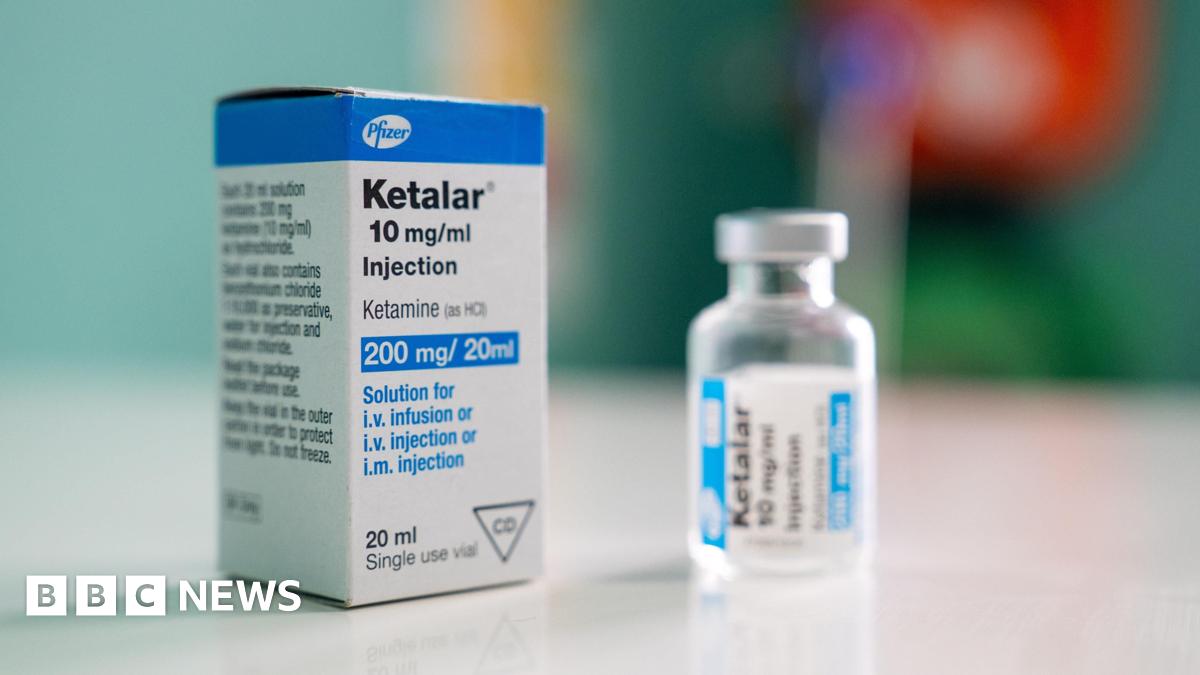Andrew McIntosh, a professor of psychiatry at the University of Edinburgh and an NHS psychiatrist, hopes to set up a ketamine clinic at the Royal Edinburgh Hospital by the end of the year.
It would be offered to patients with the most hard-to-treat depression, as an alternative to ECT.
He said: “Even after taking multiple antidepressants and multiple different treatments, there’s a small number of people who don’t respond very well to any of those treatments, so ketamine gives them additional hope and it’s been shown to be effective.
“And it’s an extra thing we could be doing to help our patients that is not currently available widely in Scotland.”
Prof McIntosh said it is not clear exactly how ketamine works to treat depression.
He said: “Some people think it’s because the brain becomes more plastic, more able to adapt.
“Some people think it’s because it alters the connections between different parts of the brain.
“I think it’s fair to say we don’t fully understand how all the pieces of the jigsaw fit together and why it’s effective, although we know it’s very effective.”
He said the ketamine used to treat depression is very different to what people might take illegally.
“The ketamine that’s given in clinical services is going to be a very pure form of the drug,” he said.
“It’s going to be given under very controlled circumstances, and we are going to know that it’s only the drug that’s in the preparation, it’s not the other things that are sometimes taken by people who use it recreationally.
“The dose of the drug that is given for depression is also far, far lower than people use recreationally, so we think the risks of that are much, much lower than they are when it’s taken in the community.”
